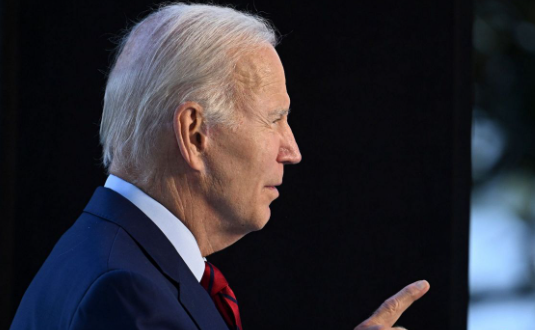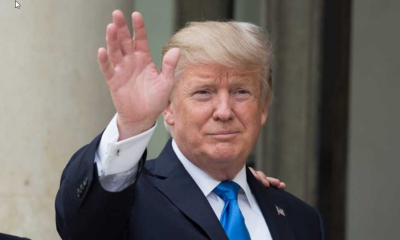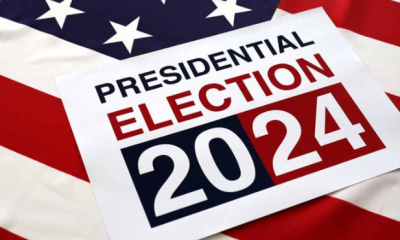Currently, there is a dispute between Congressional Republicans and President Joe Biden regarding the debt ceiling, which refers to the maximum amount of money that the Treasury Department can spend in order to meet financial obligations previously agreed upon by lawmakers. Following some negotiations, the POTUS has given in to pressure and intends to hold talks with legislators.
The administration declared on May 1 that Biden reached out to Speaker of the House Kevin McCarthy (R-CA) and requested a meeting. This gathering is set to occur on May 9 at the White House, and Senate Majority Leader Chuck Schumer (D-NY), Senate Minority Leader Mitch McConnell (R-KY), and House Minority Leader Hakeem Jeffries (D-NY) are all expected to attend.
According to a report by The Hill, McConnell has confirmed that he will be attending the meeting. However, he mentioned that the negotiation will be primarily between Biden and McCarthy. The Republican leader informed the media that the House has passed a bill, and it is now up to the President to come to an agreement with the Speaker.
McCarthy’s proposed legislation, the Limit, Save, Grow Act, has been met with controversy from both sides of the political spectrum. The bill proposes reductions in government spending across all areas of the budget. The Department of Veterans Affairs has cautioned that these cuts would adversely impact the agency and the individuals who served the country by exacerbating wait times and limiting access to medical care. The Speaker has reiterated that the bill is only a starting point.
Biden had previously declined to engage in negotiations with Republicans, but he is now urging lawmakers to pass an uncontroversial bill to increase the debt limit. This would enable discussions on spending to take place without the threat of a government default looming over them.
However, while talks between the White House and lawmakers continue, Treasury Secretary Janet Yellen has cautioned that her department may not be able to meet all of the government’s obligations by early June, according to the Associated Press.
If the United States defaults on its debt, it could trigger a recession and adversely impact the economies of other countries as well.













